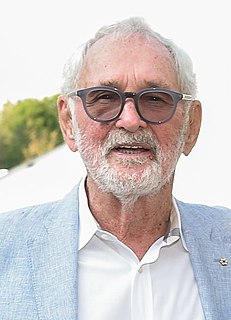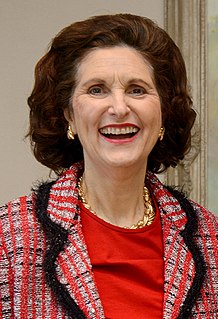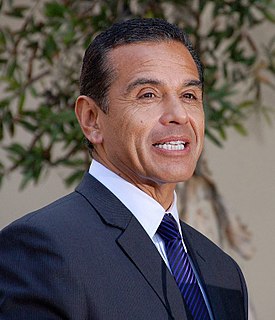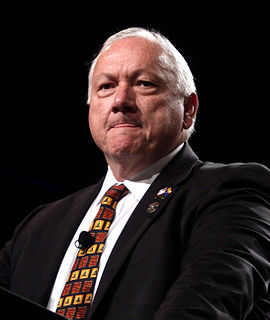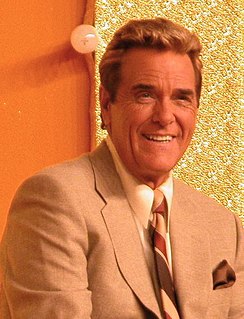A Quote by Luis Gutierrez
U.S. v. Arizona is a landmark case not just because of the constitutional issues related to who regulates and enforces immigration, but because of its civil rights implications, too.
Related Quotes
For black politicians, civil rights organizations and white liberals to support the racist practices of the University of Michigan amounts to no less than a gross betrayal of the civil rights principles of our historic struggle from slavery to the final guarantee of constitutional rights to all Americans. Indeed, it was practices like those of the University of Michigan, but against blacks, that were the focal point of much of the civil rights movement.
There's no point going to a country which is torturing people to ask them to stop if they can point out that the United States is doing it too. It enormously weakens the argument. Back in the early days of the Bush administration, PEN made a decision that we would try and make human rights issues and civil rights issues in this country part of the priority, and not just international issues, which had more or less been the priority up until then.
You've got Hezbollah in Arizona. You've got Mexican drug cartels operating in Arizona. You've got the steady stream of illegals over the border, and you've got people being killed now in Arizona. They are at their wits' end. Enforcing the law is the overall thing, and if there are some civil rights violations, so be it. That's how desperate the situation is. They want the law anyway.
For some time, I've said this issue of comprehensive immigration reform is not just an issue about immigration or human rights or civil rights, it's about our economy. You take 11 million people from out of the dark and into the light. The think tanks have surmised that you are talking about trillions of dollars infused into the economy.
What about your constitutional right to bear arms, you say. I would simply point out that you don’t have to exercise a constitutional right just because you have it. You have the constitutional right to run for president of the United States, but most people have too much sense to insist on exercising it.
When you expand the civil-rights struggle to the level of human rights, you can then take the case of the black man in this country before the nations in the UN. You can take it before the General Assembly. You can take Uncle Sam before a world court. But the only level you can do it on is the level of human rights. Civil rights keeps you under his restrictions, under his jurisdiction. Civil rights keeps you in his pocket.
We were born with natural rights. We don't need civil rights. [African-Americans] don't need civil rights. They don't need them. They have inalienable rights granted by God in the Constitution. I mean, I'm discriminated against all the time. I don't care. It doesn't bother me. [I'm discriminated against] because I'm old. I'm too old to get a job as a game show host. They say, well, the guy's 71 and in five years he'll be 76. And I'm a one per center, and I'm absolutely discriminated against as a one per center.
There's this big debate that goes on in America about what rights are: Civil rights, human rights, what they are? it's an artificial debate. Because everybody has rights. Everybody has rights - I don't care who you are, what you do, where you come from, how you were born, what your race or creed or color is. You have rights. Everybody's got rights.

